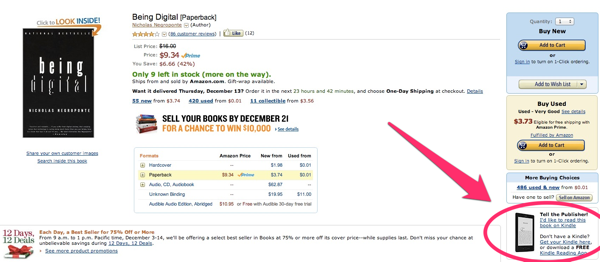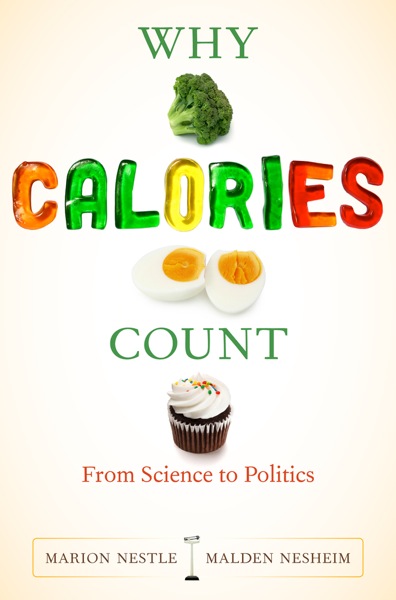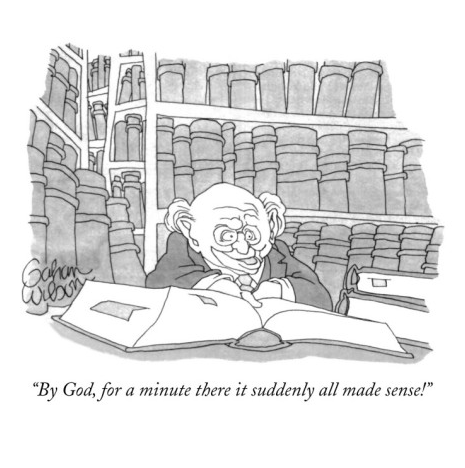Here’s a look back at some of my favorites from last year.
Albums
My pick: “Modern Vampires of the City,” by Vampire Weekend.
Here’s “Obvious Bicycle“:
And “Diane Young“:
Runner-up album:
“Beta Love,” by Ra Ra Riot. Here’s the title track.
Honorable mentions: Sky Ferreira’s “Night Time, My Time,” Daft Punk’s “Random Access Memories,” and Lorde’s “Pure Heroine.”
Books
Of the books I read last year, two stand out, not least because they were written by pals.
First: Matt Gross’s “The Turk Who Loved Apples: And Other Tales of Losing My Way Around the World.”
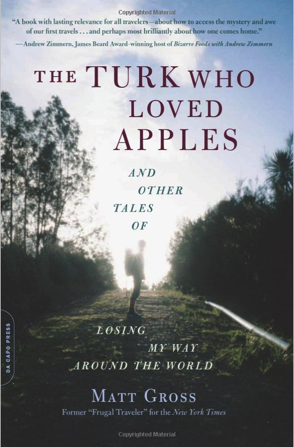
This may not come as a surprise, since I’ve written about Matt’s work before.
The New York Times called the book “a joyful meditation on the spontaneity and unpredictability of the traveling life,” and said:
Gross ruminates on the loneliness of the road, the evanescent friendships that occasionally blossom into something deeper, the pleasures of wandering through cities without a map. Now settled in Brooklyn with his wife and daughters, he leaves little doubt that all his years of near-constant travel have only whetted his appetite for more. “The world,” he writes, has become “a massively expanding network of tiny points where anything at all could happen, and within each point another infinite web of possibilities.”
Worth checking out.
And second: “The Accidental Playground: Brooklyn Waterfront Narratives of the Undesigned and Unplanned,” by Dan Campo.
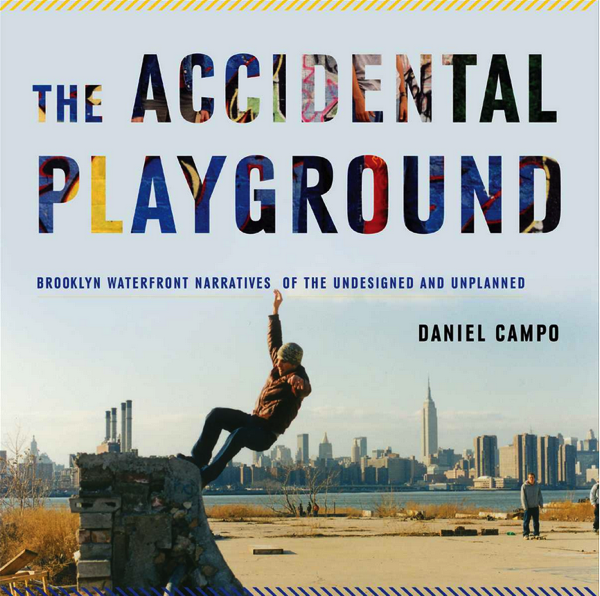
The Times included the book in a piece called “Suggested Reading for de Blasio,” and wrote:
Daniel Campo, a former New York City planner, considers the serendipitous development of Williamsburg and concludes: “In contrast to urban space produced through conventional planning and design, the accidental playground that evolved on the North Brooklyn waterfront generated vitality through immediate and largely unmeditated action. The waterfront was there for the claiming, and people went out and did just that without asking for permission, holding meetings or making plans.”
Indeed, it’s worth a read.
TV shows
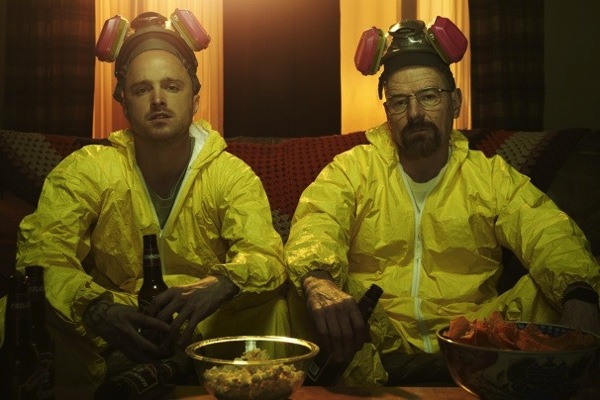
Movies
I haven’t yet seen many of the year’s most talked-about films, but I liked “Gravity” and “This is the End.” 2013 films I still intend to watch: “12 Years a Slave,” “The Act of Killing,” “Inside Llewyn Davis,” and “Computer Chess.”
Stories
And finally, here are some in-depth stories, blog posts, reviews, and other pieces of writing I liked this year:
- Typhoon Haiyan: How a Catastrophe Unfolded — Te-Ping Chen, James Areddy, and James Hookway in the Wall Street Journal
- Buzzkill: Washington State discovers that it’s not so easy to create a legal marijuana economy — Patrick Radden Keefe in The New Yorker
- Auto Correct: Has the self-driving car at last arrived? — Burkhard Bilger in The New Yorker
- Hot Grease: The Wild West of used-cooking-oil theft — John Colapinto in The New Yorker
- Land and Blood: The origins of the Second World War in Asia — Pankaj Mishra in The New Yorker
- This company is betting millions that you’ll use cartoon bears instead of English — Gwynn Guilford at Quartz
- The blog is dead, long live the blog — Jason Kottke at Nieman Journalism Lab
- The problem with online freelance journalism — Felix Salmon/Reuters
- Pad Thai is the most misunderstood noodle — Pitchaya Sudbanthad at The Morning News
